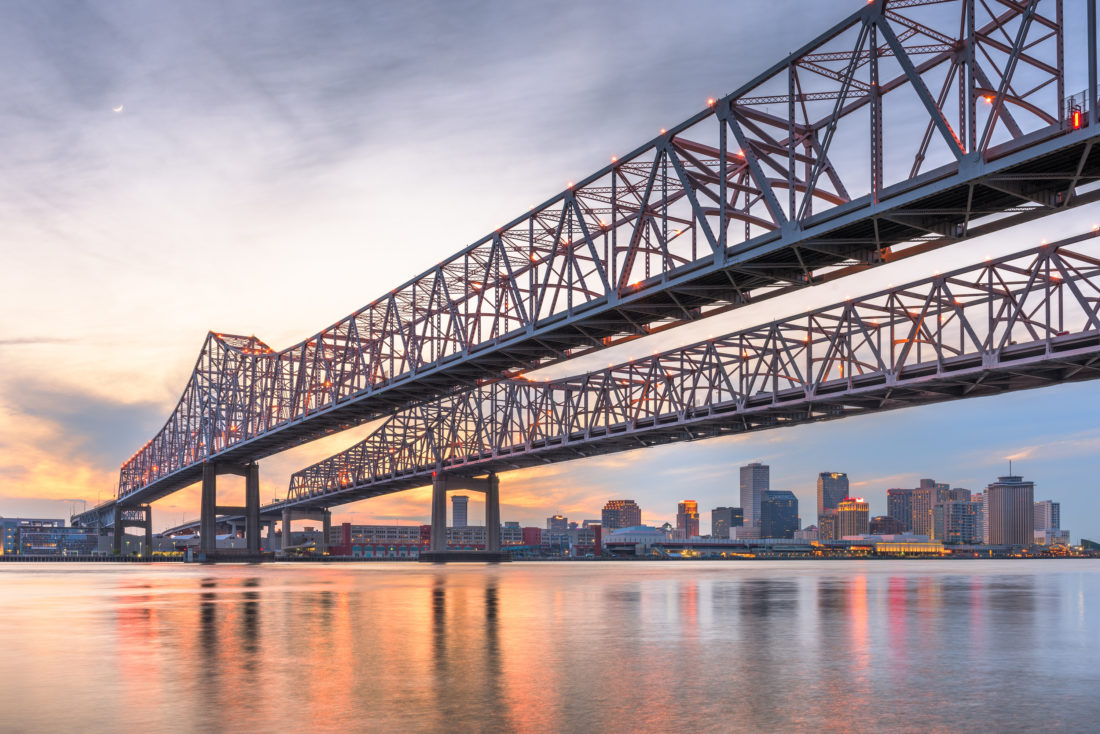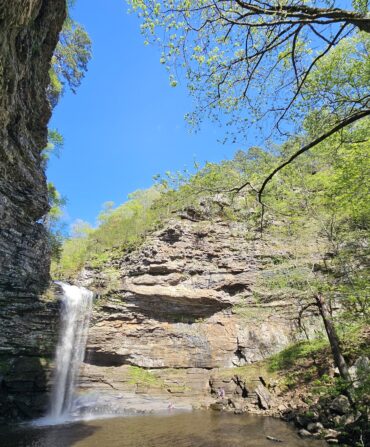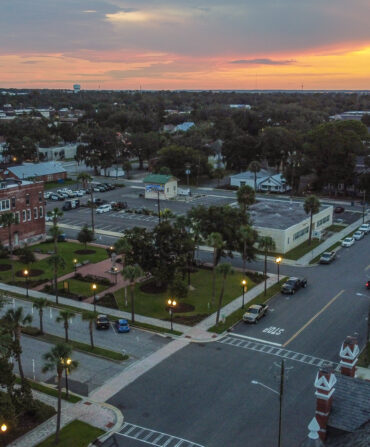They called us an island once, “we” being New Orleans. Certain old maps are marked “Isle of Orleans,” and it’s true we’re surrounded on all sides: the Mississippi River to the south, Lakes Pontchartrain and Maurepas to the north, Bayou Manchac and the Amite River to the northwest, and to the east, and farther south, beyond the swamp, the Gulf. You’ve got to cross a bridge to get here—that’s the thing.
You might forget that we’re an island, though, unless you’re trying to evacuate across one of those bridges, with everybody else and their dog, from some storm that may or may not turn this island of ours into open water. We get no island benefits, after all—no sound of surf, no sandy beach. Only hurricanes. Sometimes it doesn’t feel quite fair. At a time like this one, when isolation is the word of the (three-month-long) day, a beach would be nice. While the restaurants are shut, the sound of surf would soothe.
Even now, a few centuries after they marooned us, French folks will look at you funny when you tell them, Il n’y a pas de plage à la Nouvelle Orléans: There’s no beach in New Orleans. They’ll try to show you a map of your hometown, point out how close it is to the Gulf. But none of the words you can dredge up for swamp—Marécage? Alligators?—will convince them. Surrounded by water, they think, we ought to have an ocean view.
Some of us have a little complex about it—this failure of our island to live up to expectations. Well, mostly New Orleans novelists, of which I am one. It seems that a beach, an edge, an infinite saline vista, might provide relief to this humidity, this swamp, this unrelenting swelter (my book editor asks on manuscript margins: “Does it have to be quite so…hot?”). So, we manufacture that island feeling. Faulkner, in Mosquitoes, sends his characters yachting (without citronella candles) into the middle of the lake. Kate Chopin, in The Awakening, packs Edna off to Grand Isle so that she can swim and swim and never stop. In The Moviegoer, Walker Percy sends Binx spinning along to Ship Island in his little MG, but, somehow, despite the sand and the swelling waves—despite even his secretary in her black one-piece—Binx fails to transcend the way he thinks he ought. The Gulf’s supposed to transport you, dammit! That’s why we travel to our islands: to lose ourselves at their edge. Because, of course, every man is an island—each of us surrounded by a gulf—and it’s important to acknowledge what is bigger and beyond.
Me, though, I don’t need the sea for that. While I’d never say no to a day on Horn Island with Walter Anderson’s ghost, most of the time, the muddy borders of the Isle of Orleans are quite enough. I can spend Saturdays fishing in the marshes, Sundays replanting cypress swamp while sinking into this brackish margin of the sea. The dog and I often spend our mornings at our island’s edges, watching the pelicans plunge face-first into the river, risking their eyes, as cargo vessels haul down the Mississippi, heading half a world away. We like to go, alone, out beyond the levee systems, along the batture—that transitional space, outside of governmental protection, neither water nor land, that exists between high river and low, here and there. At our favorite stretch of batture, the willow trees prop themselves up tall on auxiliary roots, ready for the floodwaters, and the hulk of an old ship molders, driven by time deep into the bank. The dog splashes along the shoreline, making paw prints in the river sand. And as I wash the polluted river mud from her fur, I’d hazard to say I do, sometimes, transcend—not in the way of a sea gazer, not out and away, but around and in—remembering that even an island is connected by the tides, the currents, the birds, the flotsam, into the web of things.
This article appears in the June/July 2020 issue of Garden & Gun. Start your subscription here or give a gift subscription here.








